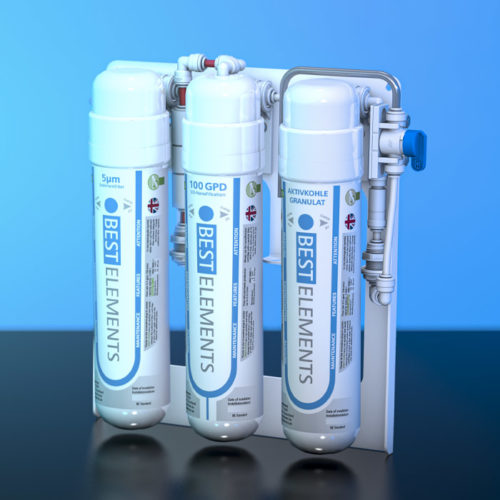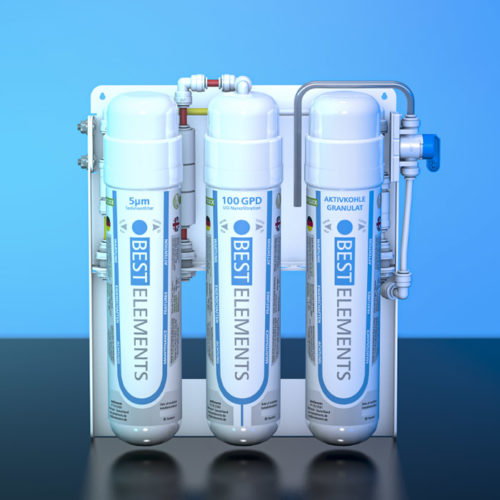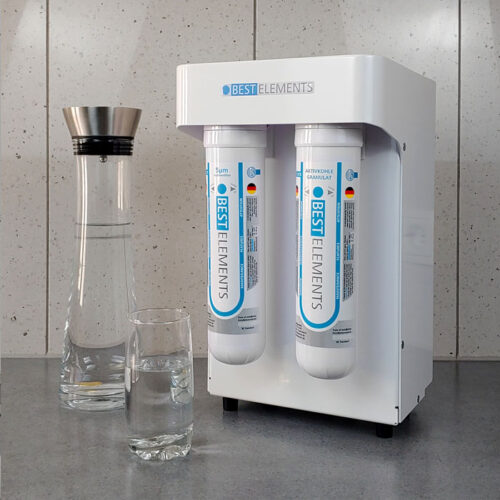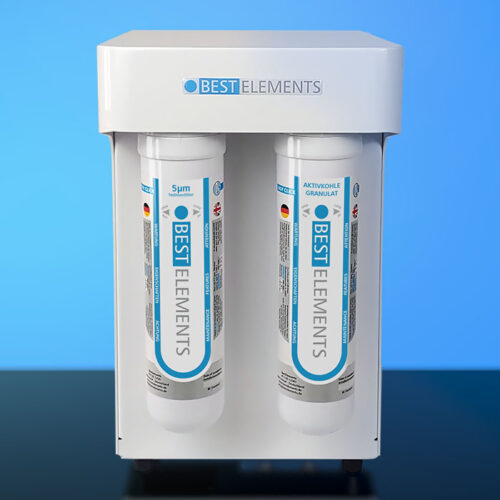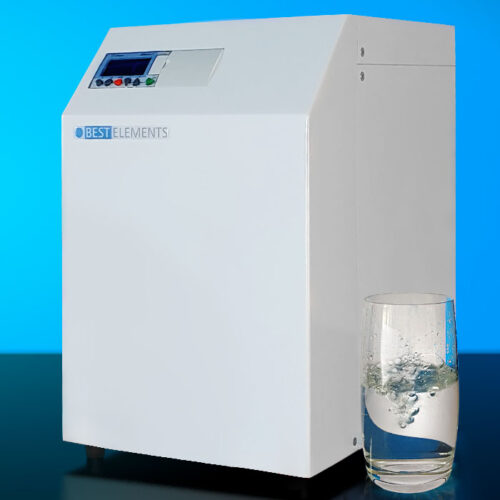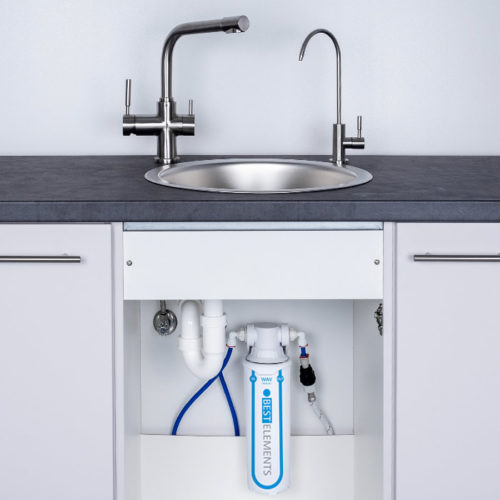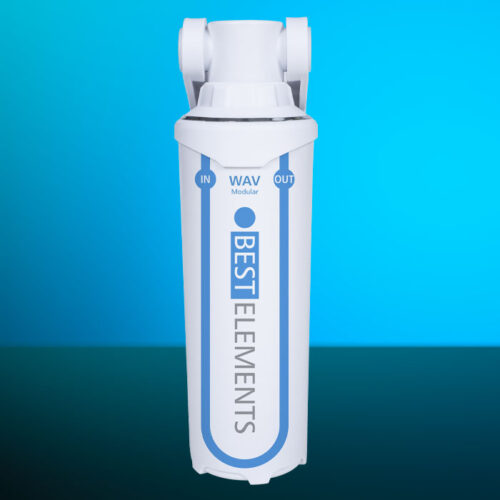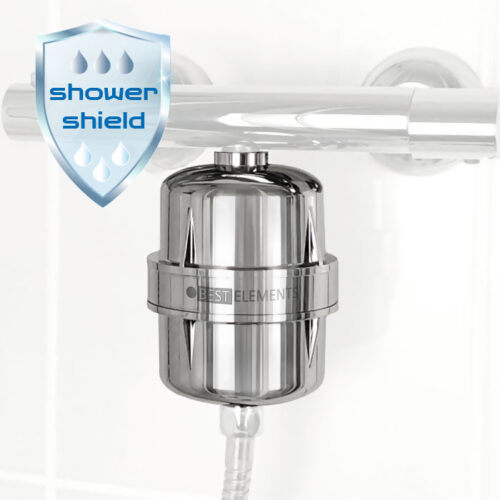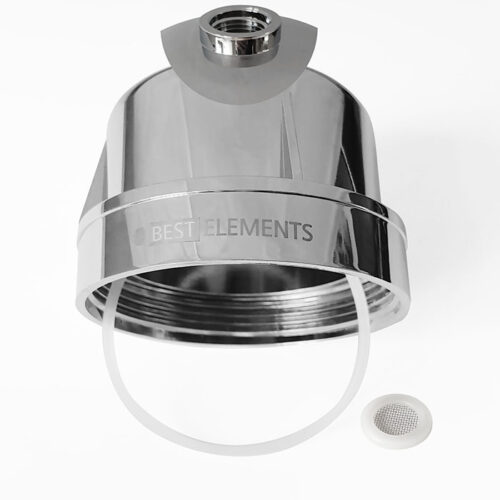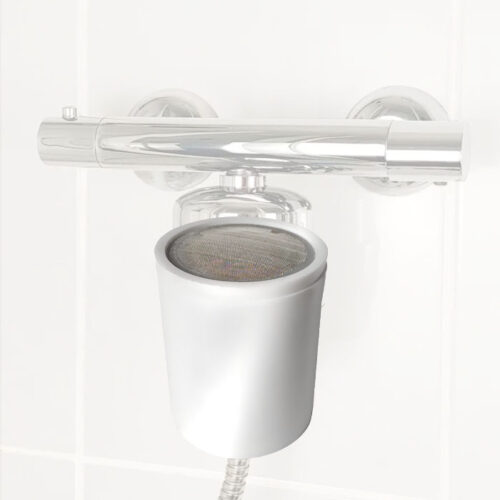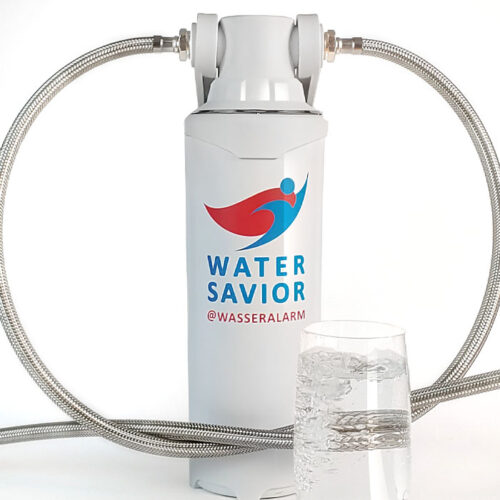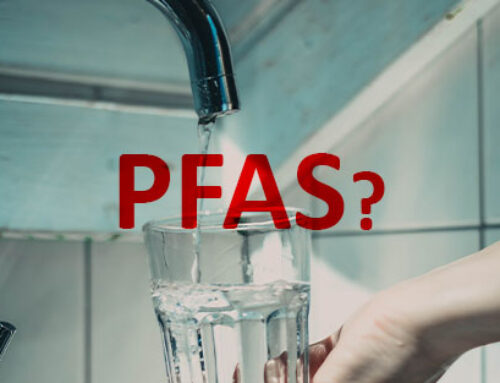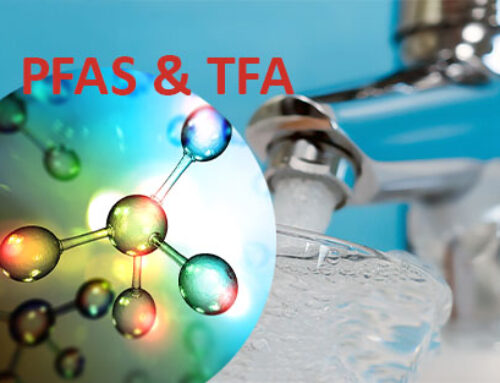Nitrates and pesticides are two of the main contaminants that can affect the quality of our drinking water. Nitrate input occurs mainly through agricultural activities such as fertilization, which causes it to enter the groundwater. Pesticides are also used in agriculture to control pests and can enter water bodies through runoff or leaching. Both substances have a direct impact on the quality of drinking water.
Nitrate can cause health problems, especially when it is converted into nitrite in the body. This happens, for example, in the stomach and can lead to methemoglobinemia in infants, often referred to as “blueness.” At higher concentrations, health problems such as increased risks of cancer can also occur.
This article examines the importance of these substances for water quality in more detail, considers their impact on health and the environment, and explains possible measures to reduce these contaminants in drinking water.
Nitrate in tap water
There is concern about a substance that threatens drinking water quality: nitrate. This component, which is found in fertilizer and is intended to promote plant growth, converts into nitrite in the human body, which is considered carcinogenic. Agriculture, politics and science are now grappling with the question of how this problem can be overcome.
Drinking water endangered by the nitrate madness
The increase in nitrate levels in groundwater largely results from excessive nitrogen supply, mainly due to agricultural activities. Nitrogen is contained in both manure and mineral fertilizers. In order to limit nitrogen input, so-called “red areas” have been defined in some regions. These areas determine where fertilization must be restricted. When environmental authorities detect elevated nitrate levels in groundwater, agricultural authorities use a multi-stage process to determine which regulations should apply to the surrounding agricultural areas. These regulations can have far-reaching implications for farmers as they fear potentially reduced crop yields.
In Germany, groundwater quality is often impaired by high levels of the nitrogen compound nitrate. This pollution results mainly from nitrogen-containing fertilization in agriculture. Although nitrate can also enter groundwater through other sources such as road traffic, industrial processes and heating, agricultural fertilization is the main factor. The applicable threshold value for nitrate in Germany according to the EU Groundwater Directive is 50 milligrams per liter. As soon as the value of 37.5 milligrams per liter is exceeded, legal measures are planned. In Bavaria, areas that exceed the limit are classified as “red areas,” meaning farms must comply with stricter regulations.
Not suitable for baby food
In many German regions, nitrate levels in drinking water are so high that experts advise against using this water to prepare baby food. Around four out of ten drinking water samples have such a high nitrate concentration that they are unsuitable for these purposes.
Water contaminated with nitrate poses health risks, particularly for the gastrointestinal flora of infants. The presence of nitrates can impair the blood’s ability to carry oxygen, resulting in a syndrome in infants known as “blue infant syndrome.” While nitrate-contaminated water can be filtered, a significant amount of vital minerals are lost in the process.
And compliance with the limit values that apply to the entire population is also a challenge. The Leibniz Institute for Freshwater Ecology and Inland Fisheries (IGB) reports that in about every tenth sample at least one limit value for chemical-physical pollution was exceeded. In addition, 8% of the samples were unsuitable or only partially suitable for consumption due to bacteriological contamination. The institute pointed out that bacteriological contamination can occur both in the pipe network and in the house pipes.
EU Commission: Germany ignores drinking water regulations
The European Commission has reprimanded Germany for failing to comply with EU regulations regarding drinking water.
Brussels – The authority in Brussels announced that the federal government has not yet provided any evidence that it has properly implemented the revised EU regulations into national law. For this reason, an infringement review procedure has been initiated. In the final step, this can result in fines.
Bundestag question about surfactants in sewage sludge
An inquiry was made in the Bundestag regarding the contamination of drinking water by surfactants in sewage sludge. The question (16/4130) asks about the annual release of 46,000 tons of so-called perfluorosurfactants into water via fertilizers. In addition, MPs would like to receive information on whether this is a national problem, what the risk is to local residents and what measures the government is planning to take to combat this contamination.
Plant protection products in groundwater and drinking water
Reducing the use of pesticides is an urgent challenge in the protection of groundwater, especially in view of its importance for the drinking water supply in Germany, in order to prevent future contamination. Current reviews in accordance with the EU Water Framework Directive show widespread contamination of groundwater by pesticides. Substances and degradation products from substances that have long been no longer approved are often detected. Less important degradation products are also of interest due to their frequent detection and the lack of legal regulations. In order to ensure the precautionary protection of drinking water, it is important to minimize the input of pesticides, set binding limit values for less relevant degradation products and comprehensively monitor existing contamination. A first step in this direction is the consideration of irrelevant degradation products in drinking water in the new national regulation implementing the EU Drinking Water Directive, called the “Drinking Water Catchment Area Regulation”. In addition, new monitoring approaches such as non-target screening in chemical water monitoring can help to assess the pollution situation more precisely.
Is the contamination happening faster than filter stages can handle?
Waterworks are planning a fourth filter stage that will remove trace substances. However, the implementation period is up to 10 years and fears become clear that these filter stages will no longer be able to cope with the feared contamination in 10 years. (Source public report “Water resource – our most valuable raw material is becoming scarce”) A race against time and pollution is to be feared.

